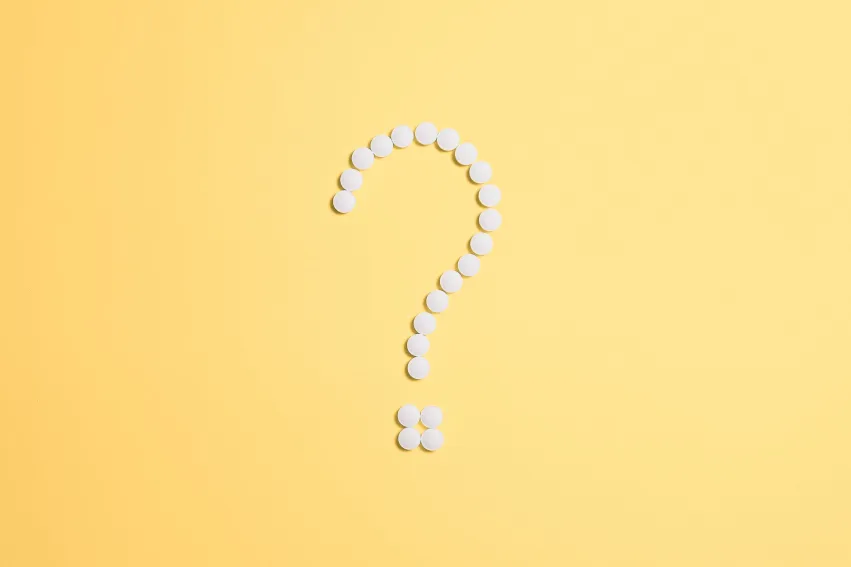
Nine in 10 consumers unaware what counterfeit medicines are: survey
More than half of respondents believe that it is the same as generic medicine.
Almost nine in 10 consumers or 88% of Hong Kong consumers are unaware or do not have a clear understanding of what counterfeit medicines are, a survey on consumer attitudes by healthcare services company Zuellig Pharma revealed.
Counterfeit medicine refers to fake medicine, according to the Food and Drug Administration. It may be contaminated or contain the wrong or no active ingredient; or may have the right active ingredient but at the wrong dose. Zuellig Pharma noted that counterfeit medicine may include branded or generic medication whereby the identity or the source has been deliberately and fraudulently mislabeled, and may include products with wrong ingredients, insufficient or without active ingredients, or with fake packaging.
More than half or 52% of respondents incorrectly believe that counterfeit medicines are the same as generic medicines, showing low levels of understanding, the survey noted.
This is despite 61% of respondents saying that they seek advice from healthcare professionals before purchasing medicine, and despite checking three to four sources before purchasing medication.
Further, whilst 91% of respondents place importance on verifying their medicine, 58% expressed a lack of confidence in how to do so. In fact, 57% were found unlikely to verify the authenticity of the medication they buy.
“The research shows an urgent need to raise the public’s understanding on counterfeit medicines and provide them with ways to protect themselves. Globally, counterfeit medicines are on the rise and kill one million people a year, or hinder treatment progress.6 It is everyone’s responsibility to take precautionary measures to fight against counterfeiters,” said Andi Umbricht, chief executive, Hong Kong and Macau, Zuellig Pharma.


















 Advertise
Advertise


